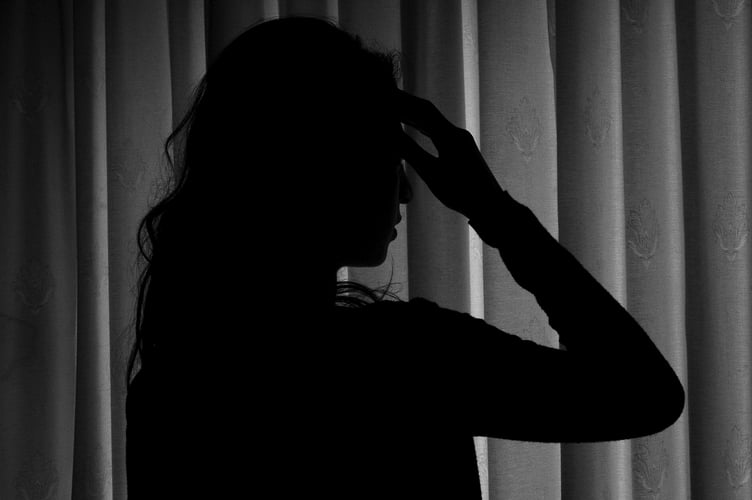Slightly fewer potential modern slavery victims were referred to Gloucestershire Constabulary for investigation in the most recent quarter, new figures show.
Hope for Justice, an anti-slavery charity, said survivors must navigate a "complex web of services and multiple barriers" to getting help, as they urged the Government to introduce new policies to prevent the exploitation.
Home Office figures show 10 potential victims of modern slavery were referred to Gloucestershire Constabulary for investigation between July and September.
This was down slightly from 12 the quarter before, and a fall from 17 in the same period in 2023.
But across the UK, a total of 4,758 potential victims were referred to the Home Office between July and September – up 10% compared to the previous three months.
The Home Office said the number of referrals for the latest three-month period is the highest since the National Referral Mechanism began in 2009.
Of the referrals, 1,498 were children. This included four referrals to Gloucestershire Constabulary.
Adam Hewitt, spokesperson for Hope for Justice, said modern slavery is a "hidden" and "unusual" crime as many people affected do not see themselves as victims.
He explained: "This means it is very difficult to know whether the rising number of potential victims being referred reflects an increase in the amount of modern slavery taking place, or instead, a welcome increase in the number of existing victims being identified.
"Either way, it is critical that we put the needs of those at risk of modern slavery and survivors of this crime at the heart of our response."
He said survivors often have to navigate a "complex web of services and multiple barriers" to getting help.
He added the Government must introduce policies to prevent exploitation and called for increased training and awareness around modern slavery.
To access support and have recognition of their circumstances in the UK, victims of slavery and human trafficking have to be assessed under the NRM.
Assessment under the NRM determines whether someone has "reasonable grounds" for statutory access to medical, psychological and legal support – meaning they are considered potential victims.
They are then assessed again and, if considered to be a confirmed victim, given a "positive conclusive grounds" decision.
The Home Office said 4,953 reasonable grounds and 5,188 conclusive grounds decisions were issued between July and September.
It was the highest number of conclusive grounds decisions issued for any quarter since the NRM began, representing a 35% increase from the previous record between January and March 2024.
Over half of conclusive grounds decisions were positive, the Home Office said.
A Home Office spokesperson said: "Modern slavery is a scourge that dehumanises and traumatises people for profit, and we are committed to tackling it in all its forms.
"We recognise that survivors are waiting far too long for a decision. That is why we are hiring 200 new decision-makers to clear this backlog in two years and ensure survivors get the certainty and support they need to rebuild their lives."



